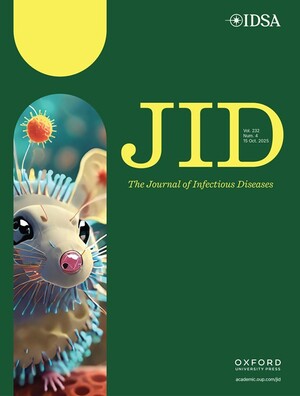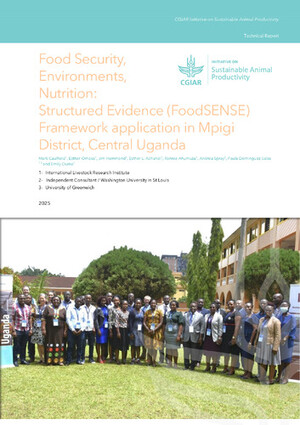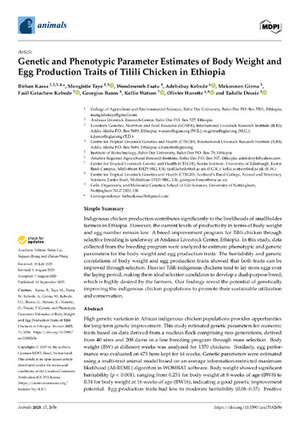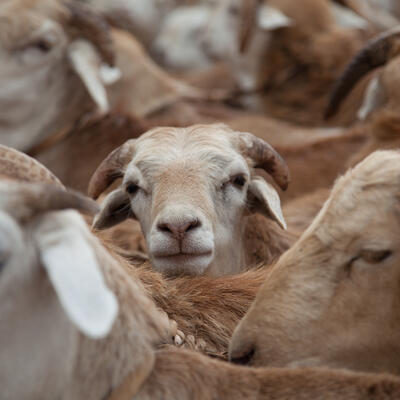
Safe food, fair food for Cambodia
Cambodia has a rich tradition of tasty and nutritious foods. Animal-source foods are an important part of the cuisine with pork, fish, and poultry products widely consumed. The great majority of livestock products are produced by smallholders, many of them women, and sold in traditional, wet markets where women also predominate as retailers.
In recent years, Cambodia has seen growing food safety concerns. Development is accompanied by urbanization, rapid increases in demand for livestock products and, consequently, rapid changes in supply chains, which become longer, more complex, and less transparent. Trust in food goes down, often with good reason as the food system develops in a way that provides little rewards for those with good practices, but high rewards for those who carry out bad and unsafe practices.
The project has two major research areas to tackle the above-mentioned issues: (i) to generate evidence on the health and economic burden of foodborne diseases in animal-source food value chains important to the poor and women and (ii) to pilot a market-based approach to improving food safety that builds on successfully implemented projects in Africa and India.
Objectives
- To generate actionable evidence on the health and economic burden (gender-disaggregated) of foodborne diseases associated with animal-source foods in Cambodia.
- To develop, pilot and test a new approach to food safety, which relies on incentives (rewards) and light-touch interventions in close partnership with the private sector.
- With stakeholders, to describe, plan, and monitor how evidence-based recommendations and the tested approach could contribute to the Feed the Future Innovation Lab for Livestock Systems (LSIL) theory of change.
- To make recommendations for enhanced engagement and benefit sharing for men and women in animal-source food value chains through improving understanding of gender aspects and the gender appropriateness of interventions and also by integrating nutrition and food safety.
- To build capacity in understanding food safety risk, its management, and effective communication among stakeholders including the government, private sector, academia, donors, and media.
Expected outcomes
- Greater understanding among policymakers, donors, and the private sector of the multiple burden of foodborne diseases and their implications for nutrition security.
- Increased openness to promising approaches to improve food safety equitably and sustainably.
- Agreement by Cambodian food safety stakeholders on what will be needed to take evidence and innovative approaches to greater scale guided by the LSIL theory of change.
- Improved knowledge and understanding of nutrition-gender dynamics in foodborne disease risks and viable options identified for increased gender equity in foodborne disease risk management.
- Improved understanding and communication of risks among academics, policymakers, private sector and media.
- Improved capacity in researchers, students, government, and non-governmental organization partners and value chain actors.
























